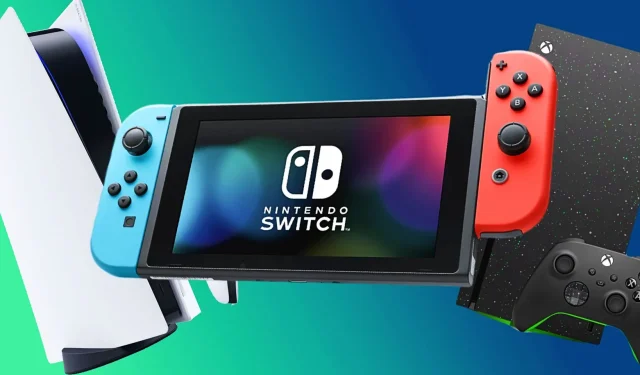
PlayStation’s CEO firmly believes that console gaming is far from extinction, and recent industry trends confirm this perspective. Although there are concerns within the gaming community regarding diminishing console sales, a decline in exclusivity among titles, and the rise of cloud gaming, these factors do not signal the end of consoles. On the contrary, one of the industry’s key figures is ready to validate the enduring relevance of console gaming.
In a recent interview with Famitsu, translated by MP1st, Hideaki Nishino, CEO of Sony Interactive Entertainment Platform Business Group, reiterated his commitment to console gaming. He emphasized that, regardless of industry dynamics, home video game consoles will remain vital to their business strategy. Nishino noted that the continual release and engagement of players with console titles are strong indicators of the PS5’s success and the overall vitality of the console market.
Why Do Some Believe Consoles Are Dying?
Initial Sales Struggles, Declining Exclusivity, & Cloud Gaming Trends
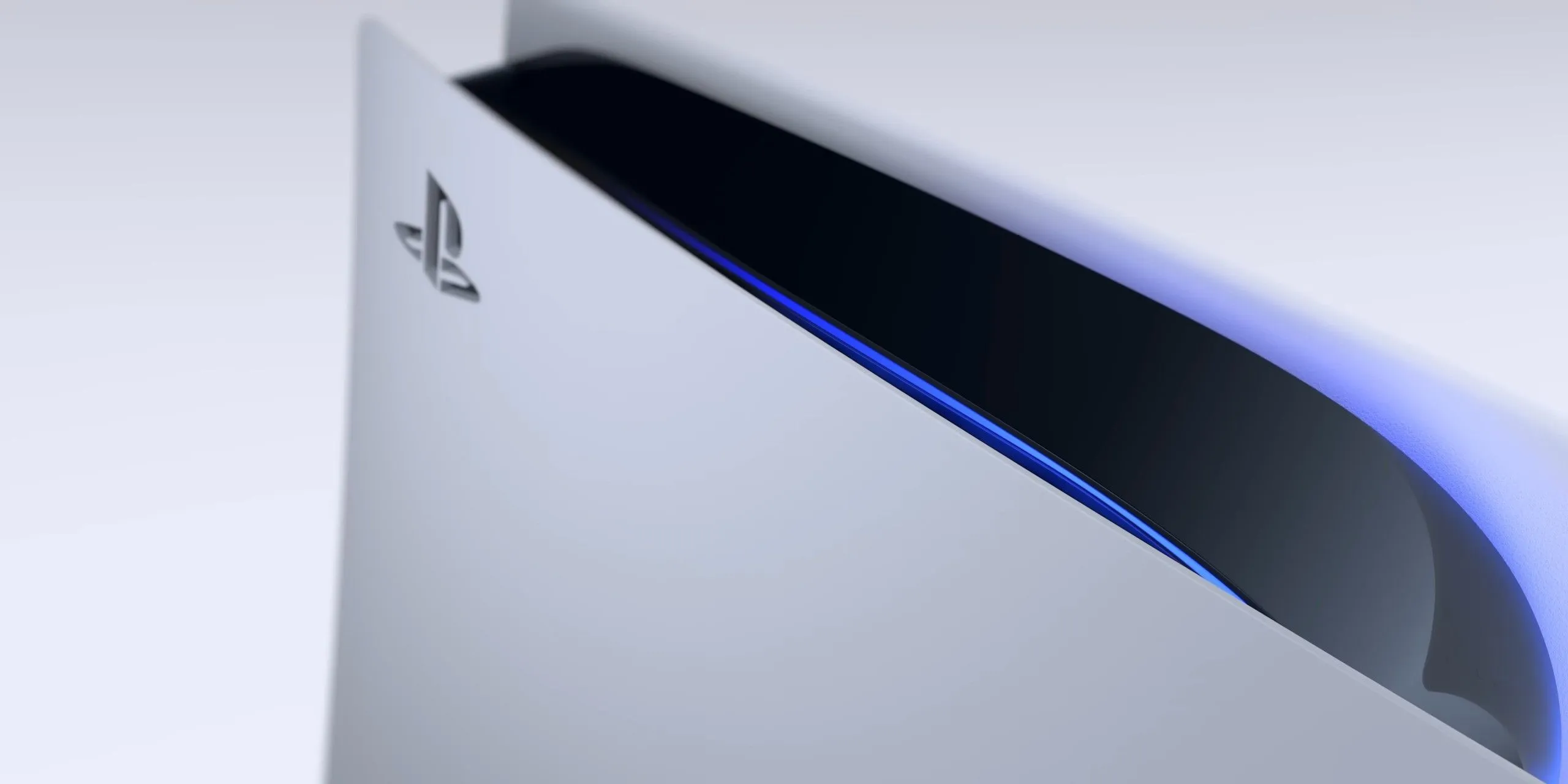
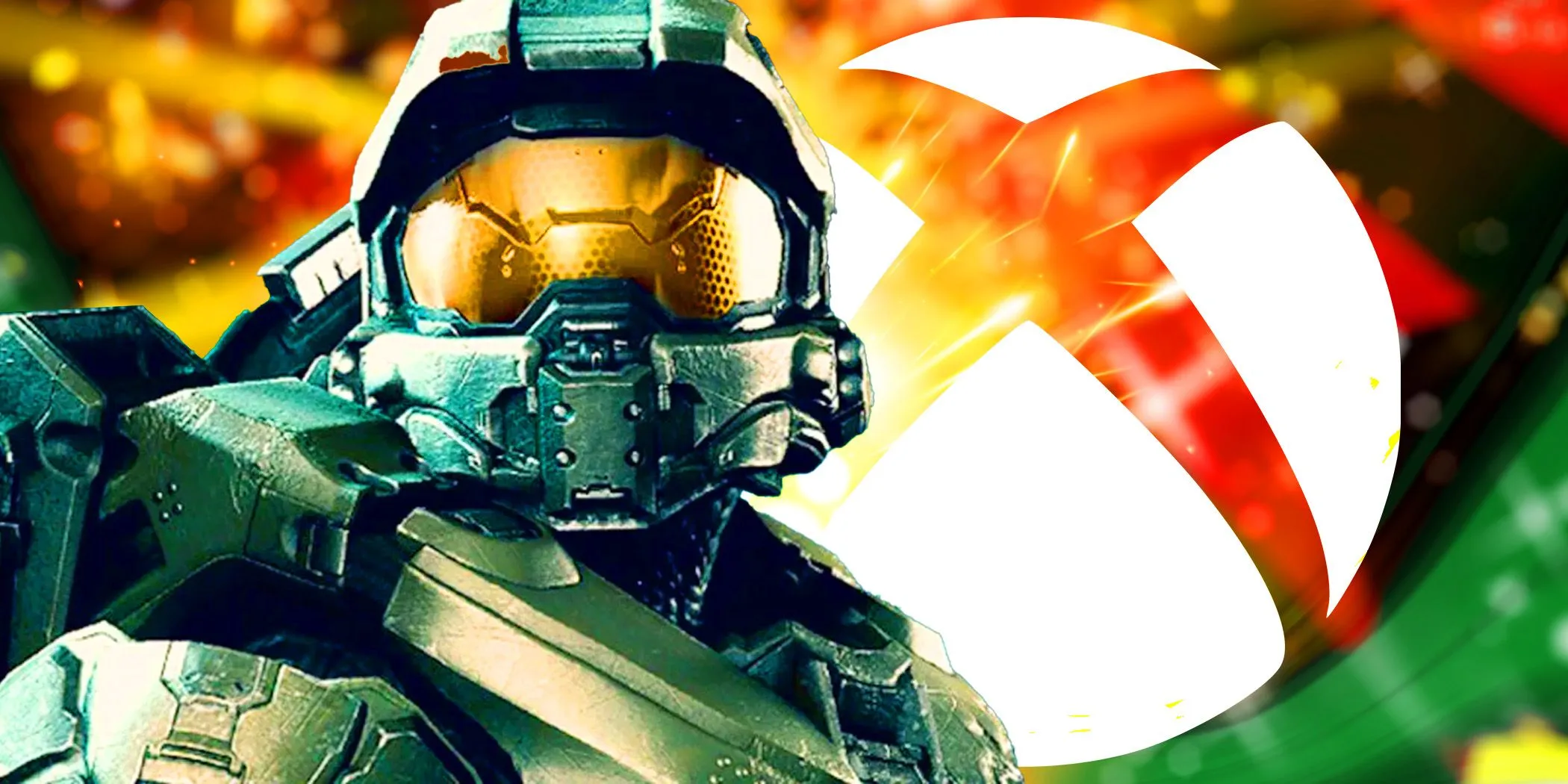
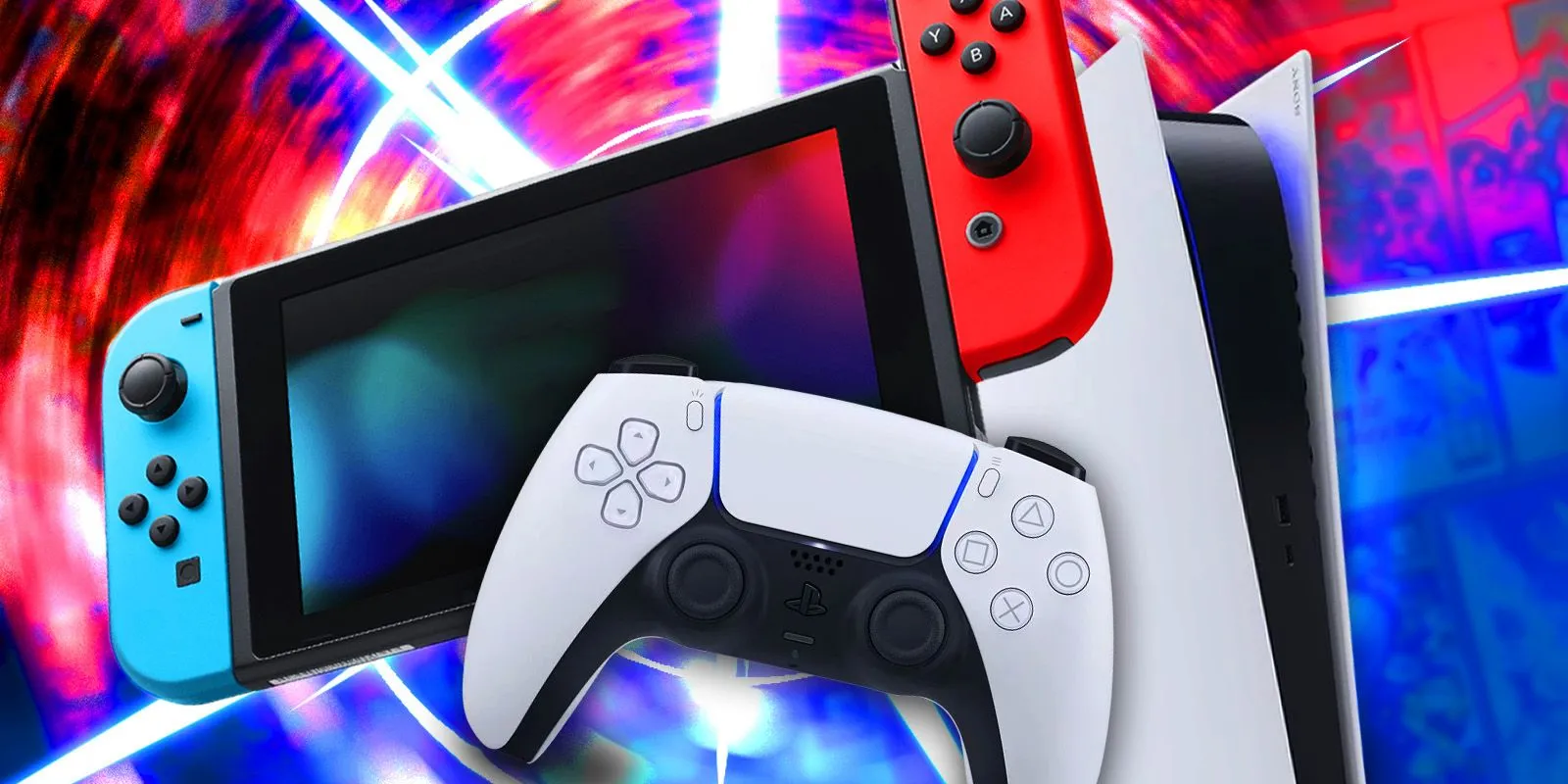
Several factors contribute to the belief that console gaming is on the decline. For starters, the ongoing console generation experienced a sluggish financial launch, with PS5 and Xbox Series X/S sales lagging in their initial years due to a global chip shortage. This shortage led to major delays in production and restocking, making consoles challenging to acquire. Despite these early setbacks, recent sales figures indicate a turnaround; for instance, Sony recently reported exceeding 65 million PS5 units sold, highlighting a resurgence in demand.
Moreover, another aspect fueling the debate surrounding console viability is the decreasing trend of exclusive titles. While some games, such as STALKER 2, remain exclusive, many titles initially launched on PlayStation or Xbox are making their way to PC platforms. Notably, the anticipated PS5 exclusive, Final Fantasy 7 Rebirth, is set to be released on Steam soon, while the Xbox exclusive, Indiana Jones and the Great Circle, has been available on PC since launch.
The diminishing role of exclusivity may raise questions about console relevance, but it is not the sole driver of console purchases. An important consideration is the rise of cloud gaming. Xbox has been advocating its cloud gaming technology, allowing players to access its vast library without owning an actual console. While cloud gaming does offer portability and flexibility, it still faces significant limitations, particularly for users without consistent high-speed internet access or when split-second decision-making is crucial.
From PlayStation’s perspective, cloud gaming does not pose a direct threat to consoles. Nishino highlighted this point in his Famitsu discussion, mentioning that even with cloud gaming capabilities on services like PS Portal, players still require a controller and a screen to engage fully. He remains confident that physical gaming hardware will continue to hold its ground for the foreseeable future.
Our Perspective: Consoles Will Always Have a Market Presence
Consoles Are Here to Stay
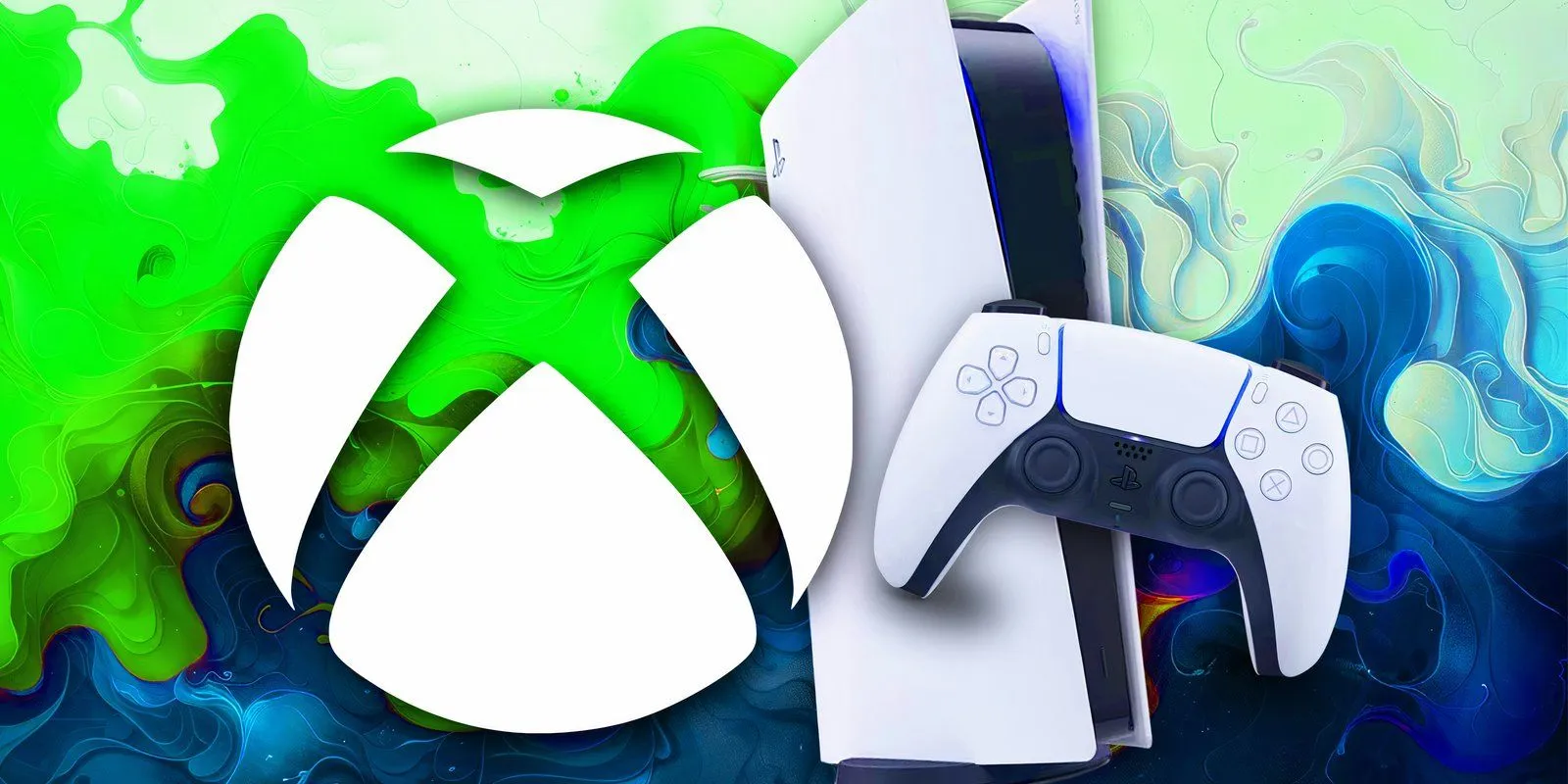
Despite claims to the contrary, I strongly believe that consoles are not nearing their end. While cloud gaming may pose an emerging threat as it evolves, it currently lacks the sophistication required to supplant traditional console gaming. Furthermore, this notion overlooks key factors that continue to make consoles appealing: cost and accessibility.
Investing in gaming PCs can be prohibitively expensive—not only during the initial purchase but also in ongoing upgrades and maintenance. In contrast, consoles offer an affordable, straightforward option, ensuring gamers can enjoy a rich gaming experience without the higher financial burden associated with PCs. When opting for a console, buyers are assured that it will remain relevant and competitive throughout its generation, a security not generally provided in the PC market.
Additionally, the simplicity of console setup cannot be understated. Unlike gaming PCs, which require assembly and configuration of components, consoles are ready-to-use out of the box. While some gamers relish in the customization freedom that PCs provide, many others, especially younger players, appreciate the ease of setup that consoles offer, which is invaluable.
In conclusion, I also contend that the age of video game consoles is not over. While advancements in cloud gaming and a decline in exclusive titles may influence the landscape, they do not spell doom for consoles—at least not in the immediate future. On this front, PlayStation’s outlook is justified.




Leave a Reply ▼